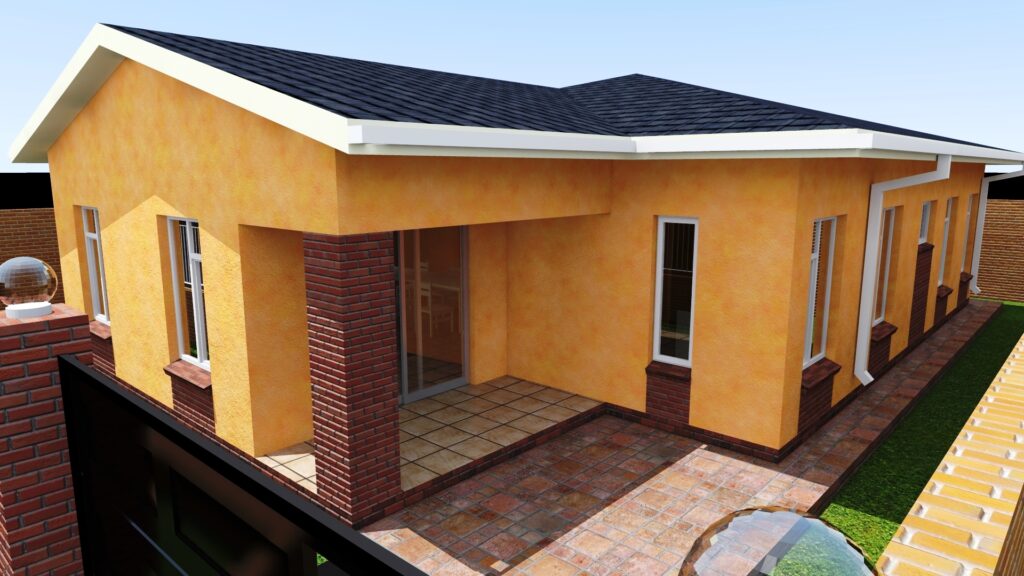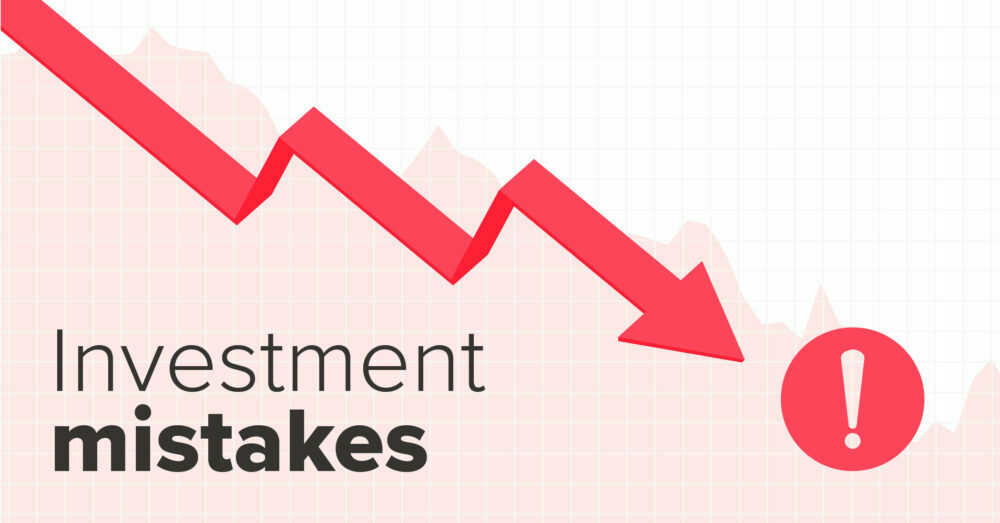Dear Future Homeowner,
You might be earning only US$500 per month and thinking, “Buying a stand or building a house? That is impossible.” But allow me to tell you—it is not. With the right mindset, discipline, and strategy, even a modest income can move mountains over time. You do not have to build it all at once. Even if it takes you ten years, it will be worth it.
This letter is not filled with fairy tales. It is based on real, practical steps that others have taken. Some of these steps are uncomfortable. But if your dream is to own land and build, you will need to make sacrifices.
1. Simplify Your Lifestyle to Match Your Goal
The first step is to cut back aggressively. Buying groceries in bulk—especially basics like mealie meal, cooking oil, sugar, flour, and soap—saves money in the long run. Resist unnecessary fashion purchases: fancy handbags, shoes, Brazilian weaves, and seasonal wardrobes are not worth more than owning your own property. You will not die if you wear the same outfit to more than one wedding.
Reduce holiday spending. Some go on lavish trips every holiday while their building dreams remain just that—dreams. A local picnic with family can still be special and cost a fraction.
2. Move Your Children from Private Schools to Government Schools
Private school fees are increasingly difficult to justify when saving for property. Government schools are still producing excellent students who go on to achieve great success. If your budget is tight, redirect school fee savings toward your stand purchase. Later, when your foundation is secure and you own your property, you can reassess and upgrade their education if desired.
3. Pool Your Family Income Together
In some homes, people operate as individuals rather than as a unit. Separate personal finances within a household drains potential. If you are married, operate as a team. Put all your income on the table and direct it toward agreed family priorities—building being one of them.
4. Downsize Your Living Situation
Your biggest expense might be rent. If your company is not paying for your accommodation, consider relocating to cheaper rentals—even if it feels like a downgrade. Many people delay progress because they want a “respectable” address.
Lodging in a modest two-room unit, even for several years, can help you build capital fast. Full-house rentals often lead to wasteful spending—filling the space with unnecessary furniture and appliances, which only adds pressure.
Remember: landowners are growing richer every month you continue renting their property. Shift the equation.
5. Sell Your Car, Unless You Are Using It for Business
If you own a car that is not generating income, consider selling it. The money from the sale can significantly boost your building fund, and the savings from fuel, insurance, maintenance, and repairs can be redirected toward your property goal. Use public transport or cheaper alternatives until your home is complete. A car is a depreciating asset, but land and property appreciate over time.
6. Do Side Hustles
Use your weekends or evenings to bake, sell groceries, cut hair, or do buying and selling. Any extra income must go toward building your home. It makes a difference. If you can, even start a proper business that generates additional revenue streams. Every dollar earned outside your regular job should be directed toward your property goal.
7. Avoid Peer Pressure in Church Contributions
If you attend a church or spiritual gathering that encourages giving, do so wisely and within your means. Give cheerfully, not competitively. If you are not yet financially stable, you are not in a position to be a top giver.
Avoid “peer pressure giving” disguised as spiritual obligations. Focus on the goal—owning land.
8. Cut Toxic Spending Habits
Do not compete with your neighbours. Compete with your own potential. Avoid the trap of trying to “keep up” with others. Some people who appear to be progressing are deep in debt or living on borrowed time. Stay in your lane and move at your own pace.
Instead of buying a fancy phone, buy cement. Instead of eating out three times a week, buy bricks. With every dollar, ask yourself: does this bring me closer to my stand?
9. Set Annual Building Material Targets
At the beginning of each year, sit down with your household and create a challenge: “This year we will buy 5,000 bricks and 60 bags of cement.” The next year, aim higher.
You do not need to build all at once. Laying even a simple foundation is progress. Bit by bit, you get there.
10. Be Strategic with Extended Family Obligations
It is important to honour your parents and in-laws, but it is also important to do so within reason. If you constantly sacrifice your own stability to meet extended family demands, your own dream will die. Buy small, thoughtful items for parents—groceries, toiletries, a new pair of shoes—without going overboard. Boundaries are necessary.
11. Move Onto Your Stand Early
Once you own a stand, consider building a basic cabin or temporary cottage and moving in immediately. It may not be glamorous living, but it immediately eliminates rental costs and channels those funds directly into ongoing construction. Even a simple structure with basic utilities can provide adequate shelter while you build your permanent home around it.
12. Think Long-Term, Act Now
If you want to buy a stand worth $7,000 in three years, you need to save at least $200 per month. That means you need to generate surplus—either by reducing expenses or increasing income. Every side hustle, every cutback, every sacrifice must serve this bigger goal.
Set a target and break it into monthly steps. Then monitor your progress. Use a notebook or budgeting app like ZimLedger. Do not just “hope” to save—plan to save.
13. Build an Emergency Fund While Saving for Your Home
Unexpected medical bills or family emergencies can completely derail your building plans if you are not prepared. Start building a small emergency fund alongside your building savings—even if it is just $20-50 per month. This cushion prevents you from having to raid your building fund when life happens. Avoid the costly habit of borrowing money every time something goes wrong, as debt repayments will only slow your progress toward homeownership.
14. Create a Multi-Year Building Timeline
Do not leave your building project to chance—create a clear timeline that spans several years. For example: Year 1, purchase your stand. Year 2, complete the foundation. Year 3, build walls. Year 4, install roofing. Year 5, focus on interior work and electrical systems. Having a structured timeline—even if it takes a full decade—keeps you motivated and ensures each year brings visible, measurable progress toward your goal.
15. Convert Unused Items Into Building Materials
Look around your home and identify items that are gathering dust. That equipment you never use, the extra television, old furniture, or electronics can be converted into cash for building materials. You would be surprised how much money you can raise from selling household clutter. A few unused items could easily fund a truck load of bricks or several bags of cement.
16. Postpone All Major Non-Essential Purchases
That latest smartphone model, designer furniture set, or large screen television can wait until after your home is complete. Every major purchase you delay is money that can go directly toward your foundation, roofing, or finishing work. Remember that temporary discomfort with older items leads to permanent comfort in your own home. Luxury purchases will mean more when you are enjoying them in a house you own.
17. Stay Disciplined, Even When Tempted
There will be pressure to upgrade your lifestyle once you start saving. Friends will ask why you are not moving to a bigger house. Relatives will wonder why you are not buying a car. Stay focused. Building your own home is a bigger milestone than any temporary luxury.
Final Thoughts
This journey is not easy, but it is possible. Thousands of Zimbabweans have done it quietly, with discipline and strategy. You do not need a miracle, just consistent effort. You will look back one day and be thankful that you chose cement over champagne, bricks over Brazilian hair, and land over likes.
The land belongs to those who plan for it. Your future home is waiting.
To wise choices and better tomorrows,
ZimLedger Admin
ZimLedger
ZimLedger is the all in one business and finance platform for Zimbabwe. It generates quotes, invoices, payslips and financial statements, manages business ledgers, tracks income and expenses, and builds shopping lists. ZimLedger offers a simple yet powerful solution tailored to local needs. Whether you are budgeting in ZiG or USD, managing business accounts, converting Ecocash statements, or tracking household expenses, ZimLedger empowers you to stay organised, make informed financial decisions, and grow your wealth—right from your phone or computer.













